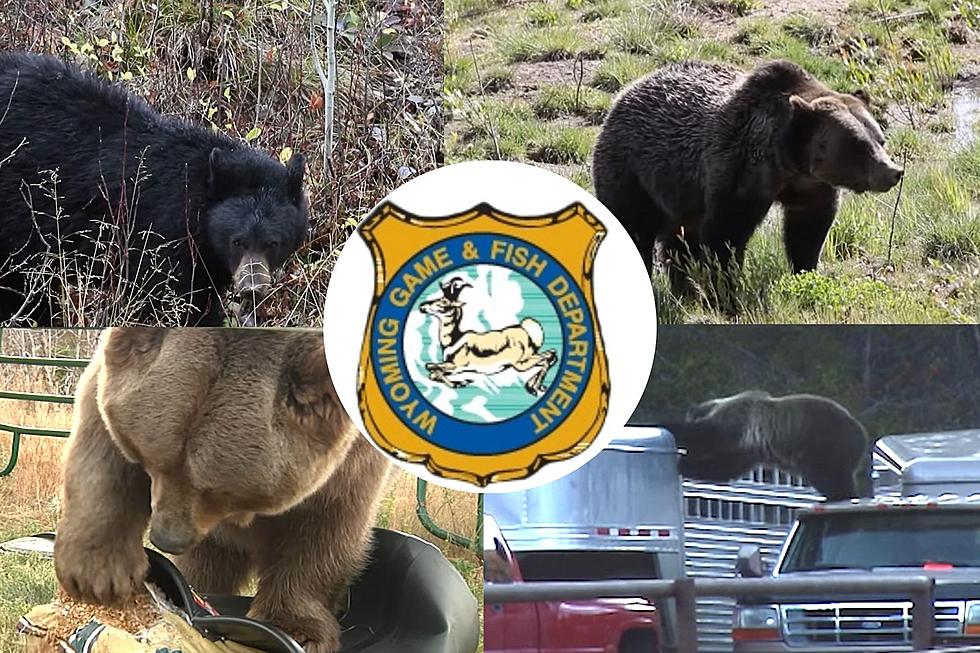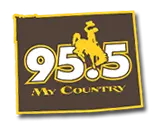
Wyoming Game and Fish Warns Against Feeding Wild Animals
The Wyoming Game and Fish Department is reminding people that though it seems that it is alright to feed wild animals, it can actually cause serious problems and even lead to their demise.

Big game animals, such as deer and moose will readily eat hay, but the micro-organisms in their stomachs that aid in digestion are adapted to break down vegetation the animal naturally consumes during winter months, primarily woody plants. This means it takes a lot longer to digest hay, which is not normally available to them during the winter, thus leading them to starve to death,
Along with this, feeding wild animals may lead to disease, as the artificial feeding of wildlife generally concentrates the animals in a small area. These conditions are perfect for diseases and parasites to be readily spread from one animal to the next and throughout a whole herd.
Feeding by private citizens often takes place in developed areas, which generally draws the animals into conflict situations, such as getting hit by vehicles or chased, and sometimes killed, by homeowners’ dogs.
If a wild animal becomes habituated to human contact, it could also lead to human injury.
There are other reasons why feeding wildlife can be detrimental, including severe damage to ornamental trees and shrubs, which can go well beyond the property where feeding occurs.
Once fed, wild animals will often return to the places where they have been fed out of habit and overwhelm the hobby feeder, as well as luring predators such as coyotes, mountain lions, or domestic dogs with them.
Wyoming March for Life 2022
More From My Country 95.5









